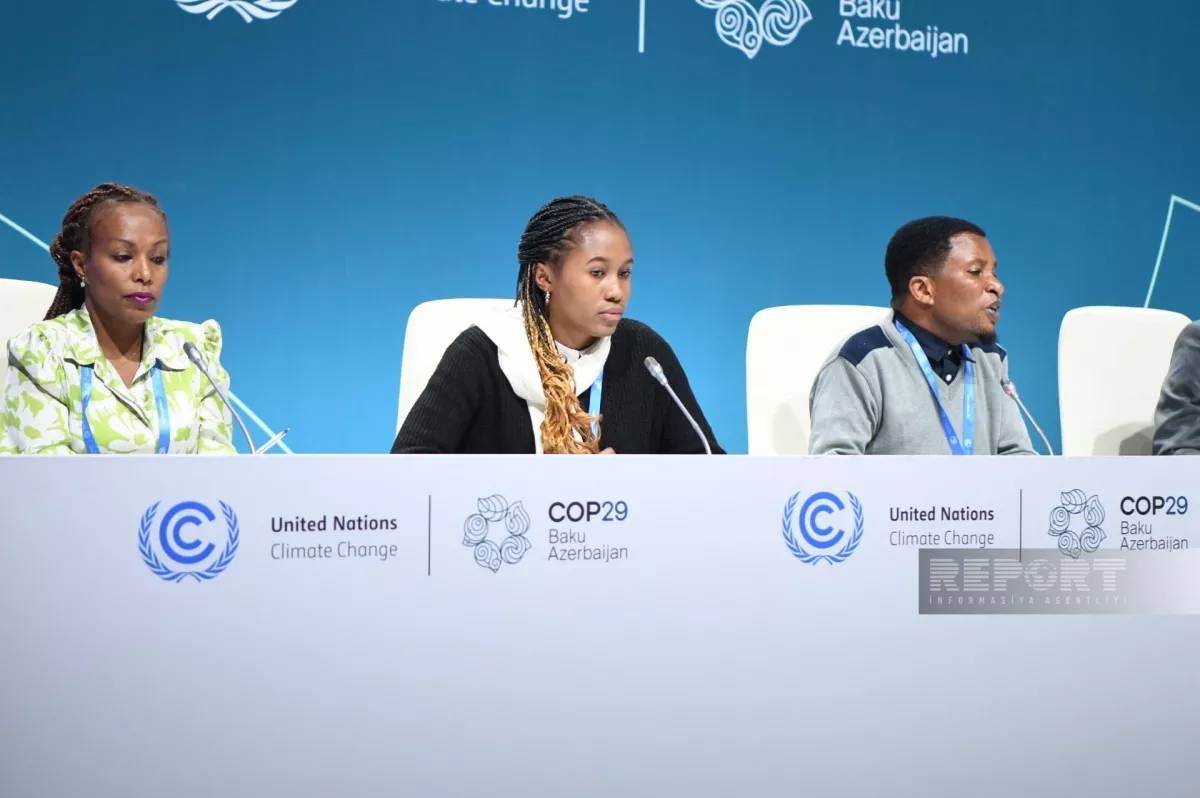African countries demand stronger role in global climate agenda at COP29
The Pan African Climate Justice Alliance (PACJA) has organized a series of events at COP29 to advocate for climate justice and promote the role of African countries in shaping the global climate agenda.
The meeting underscored the urgent need for African nations to have a more prominent voice in international climate discussions, emphasizing the importance of their inclusion in efforts to address the climate crisis, Caliber.Az reports via local media.
Central topics of the discussions included securing financing for the transition to environmentally sustainable economies, enhancing adaptation to climate change, and tackling the growing issue of climate inequality.
A significant focus was placed on the impact of the climate crisis on vulnerable communities across the African continent. Organizers highlighted how these communities are disproportionately affected by climate change, despite contributing the least to global emissions. In this context, the need for targeted support and international collaboration was pointed out.
The participants expressed hope that their initiatives would garner support from the international community, urging for greater solidarity in combating the climate challenges facing African nations.

COP29, which began on November 11, will conclude today, November 22. The decision to host COP29 in Azerbaijan, a country with extensive experience in organizing international events, was made during the plenary session of COP28 in Dubai on December 11, 2023.
Baku is hosting between 70,000 and 80,000 international guests, including government leaders, business representatives, and members of civil society, all working together to find actionable solutions to the record-high global temperatures and extreme weather events affecting people around the world.
A central focus of COP29 has been climate finance, as trillions of dollars are needed to help countries drastically reduce greenhouse gas emissions and protect lives and livelihoods from the increasingly severe impacts of climate change.
The conference also serves as a crucial opportunity for nations to present their updated national climate action plans under the Paris Agreement, which are due by early 2025. If properly implemented, these plans will help limit global warming to 1.5°C above pre-industrial levels, while also serving as investment strategies to support the achievement of the Sustainable Development Goals.
By Vafa Guliyeva








